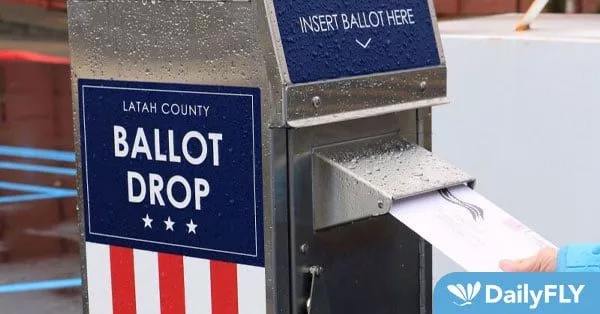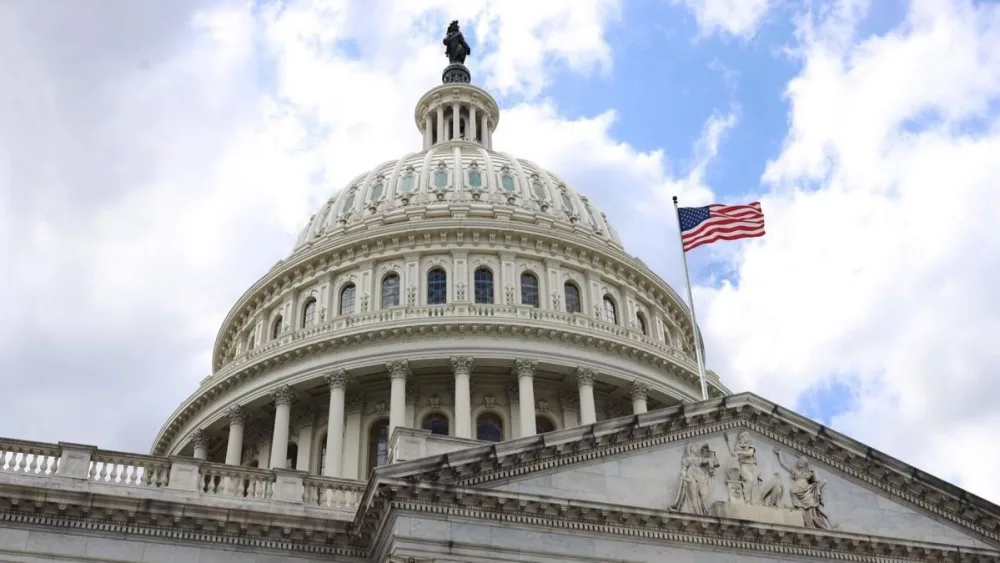WASHINGTON, D.C. – The U.S. House of Representatives passed a bipartisan bill for the release of documents associated with convicted sex offender Jeffrey Epstein.
“This is about the powerless, taking power away from the very powerful,” Rep. Nancy Mace, R-S.C., said on the House floor Tuesday.
The Epstein Files Transparency Act, sponsored by Reps. Ro Khanna, D-Calif.; and Thomas Massie, R-Ky., requires the United States Attorney General “to release all documents and records in possession of the Department of Justice relating to Jeffrey Epstein, and for other purposes.”
Rep. Clay Higgins, R-La., voted against the bill.
“This is about justice for the victims and survivors of Jeffrey Epstein, this is about every victim of trafficking and sexual abuse, monstrous crimes that thrive in secrecy and fear,” said Rep. Katherine Clark, D-Mass.
House Speaker Mike Johnson, R-La., voted to approve the resolution ordering further release of the documents related to Epstein. However, in a news conference Tuesday morning, he said the resolution does not address key protections for Epstein’s alleged victims.
“The Democrat-led discharge petition would carelessly dump thousands of documents without proper protections for the innocent,” Johnson said.
Johnson explained that the bill does not give the U.S. Attorney General adequate authority to redact information of the alleged victims mentioned in the documents. He said as many as 1,000 women may be identified in the release of these documents.
Johnson also said the release of the documents could risk bringing in people who were associated with Epstein but unaware of his crimes.
“Releasing the names of those innocent people could subject those innocent people to a guilt by association,” Johnson said. “It would create an entirely new group of victims who have no means to clear their names.”
Johnson said the discharge petition also gives authority to release unredacted child sexual abuse materials and could undermine future investigations by the Department of Justice.
“It is incredibly dangerous to demand that officials or employees of the DOJ declassify materials that originated in other agencies and intelligence agencies,” Johnson said.
However, the text of the bill explicitly allows the attorney general “to withhold or redact” portions of records that contain child sexual abuse material, personally identifiable information of victims and documents that would interfere with active federal investigations or ongoing prosecutions.
Rep. Thomas Massie, R-Ky., a sponsor of the bill, addressed Johnson’s concerns about the legislation in debate on the House floor. He said Johnson’s requests for amendments to the bill would allow those potentially involved in Epstein’s crimes to be considered victims.
“He’s trying to create a loophole, he’s trying to categorize the pedophiles as victims,” Massie said.
Massie said alleged victims in the case against Jeffrey Epstein testified to the FBI and should not be considered unreliable.
Several of the amendments to provide protections for victims could be brought forth in Senate deliberations. Senate majority leader John Thune could call for a unanimous consent vote to pass the bill.
Fifty-one Republican senators voted on Sept. 10 to shelve an amendment led by Senate minority leader Chuck Schumer, D-N.Y., directing Attorney General Pam Bondi to make public all available documents related to Epstein.
Sens. Josh Hawley, R-Mo.; and Rand Paul, R-Ky., were the only Republicans to vote in favor of the amendment.
If Thune calls for a unanimous consent vote, Senate Democrats could request a roll-call to put each senator on the record.
“I urge my Senate colleagues, do not muck this bill up,” Massie said. “If you’re a party to that in the Senate, you are part of this cover-up that we are trying to expose. I am sorry if one of your billionaire donors is going to get embarrassed because he went to rape island; it’s what they have coming.”





